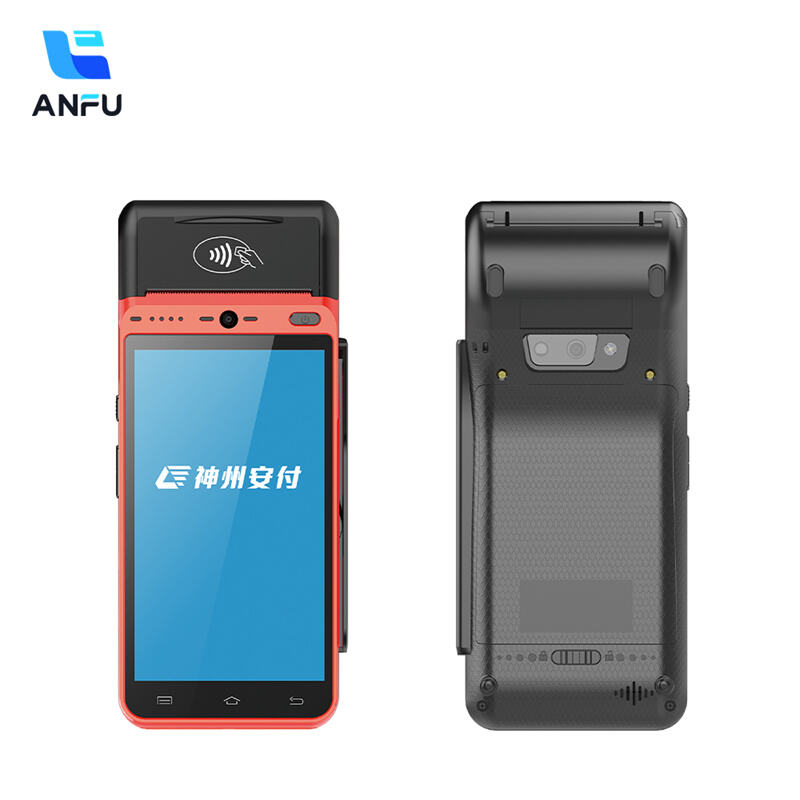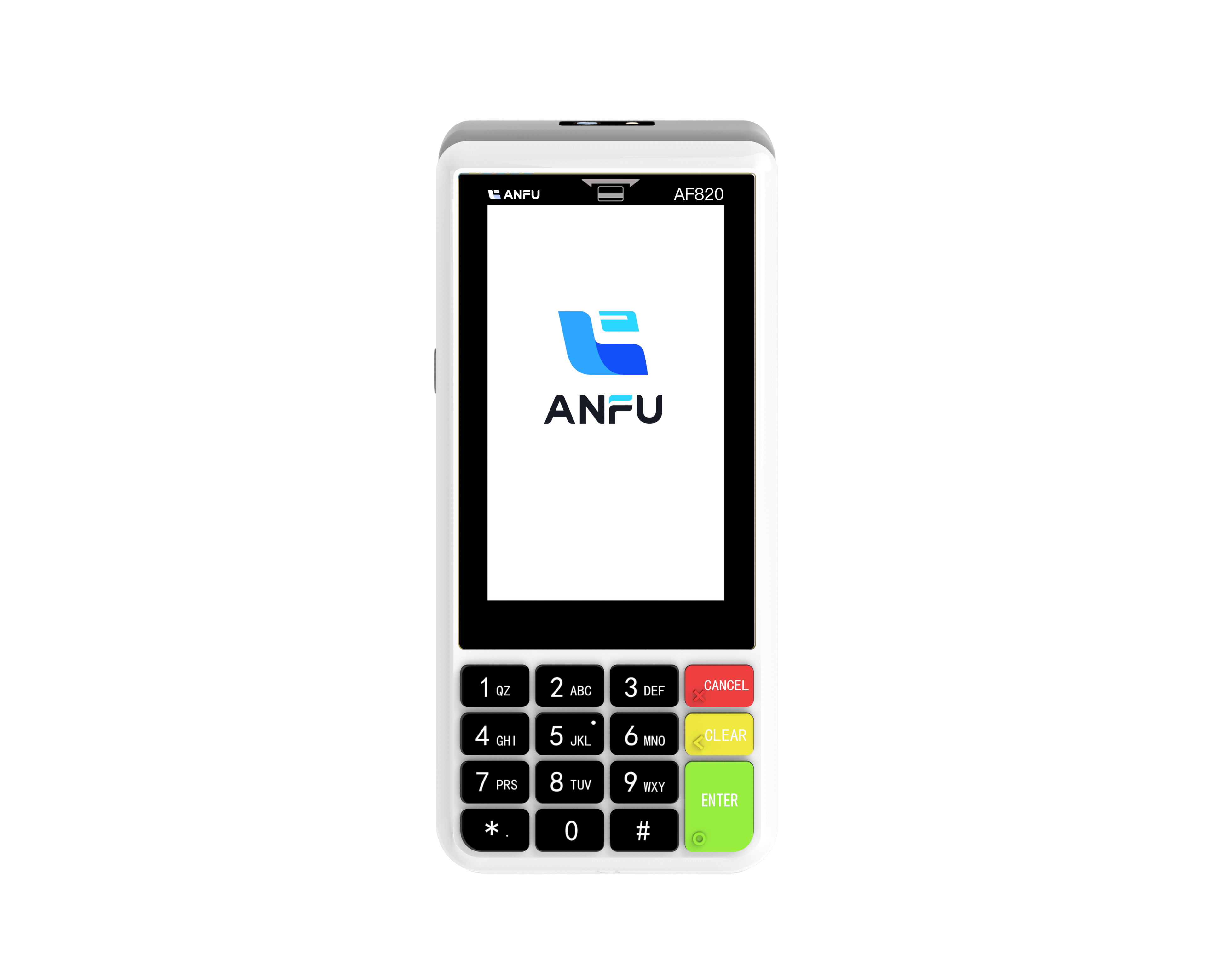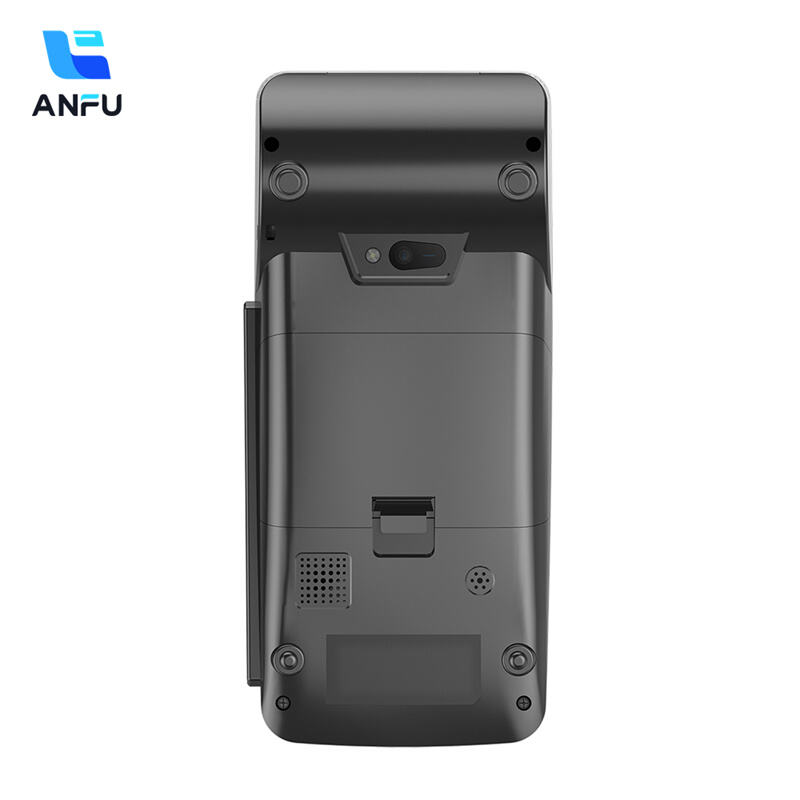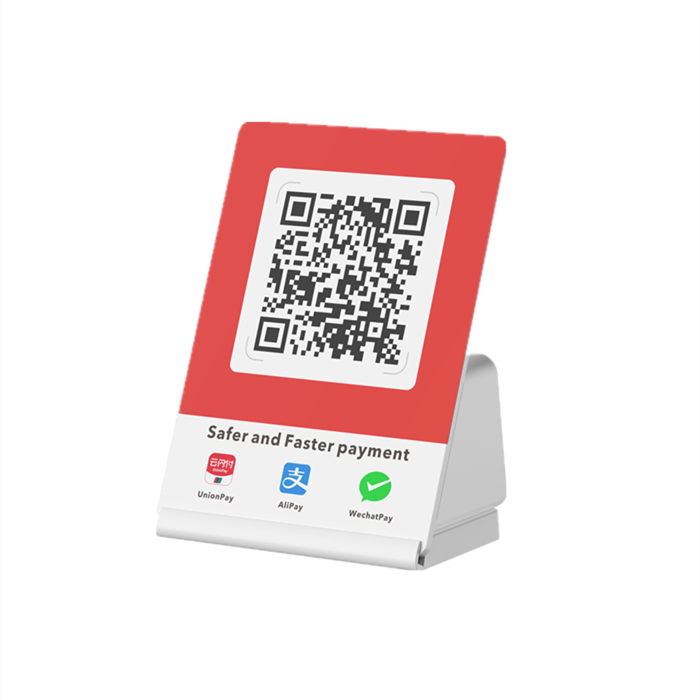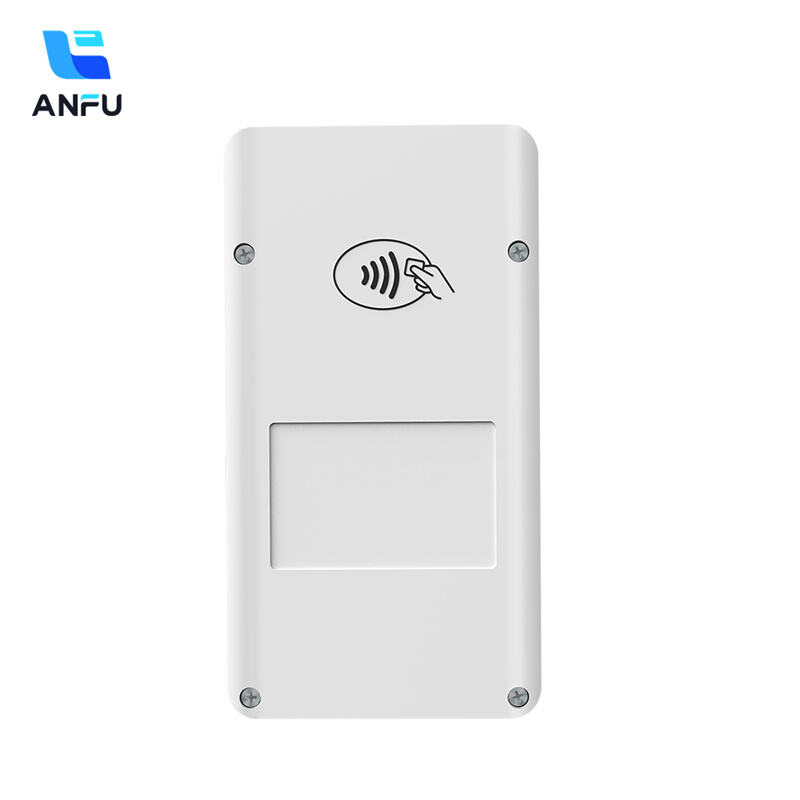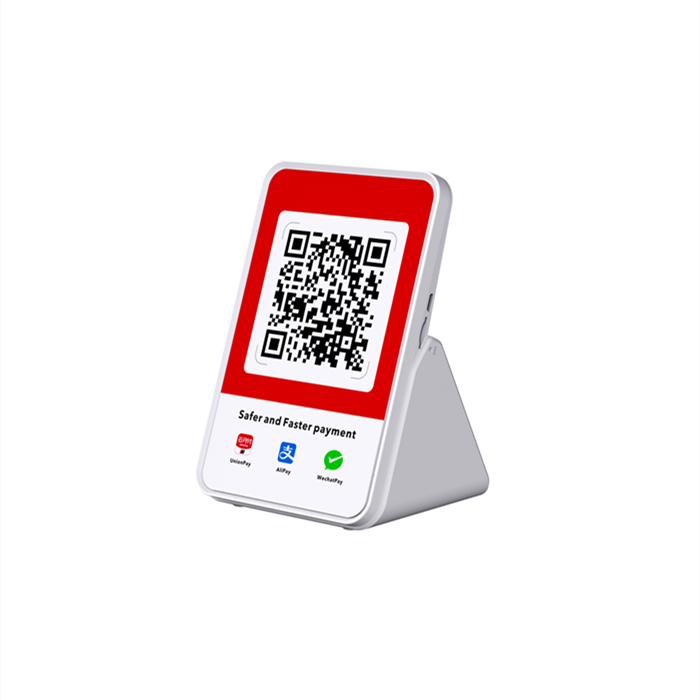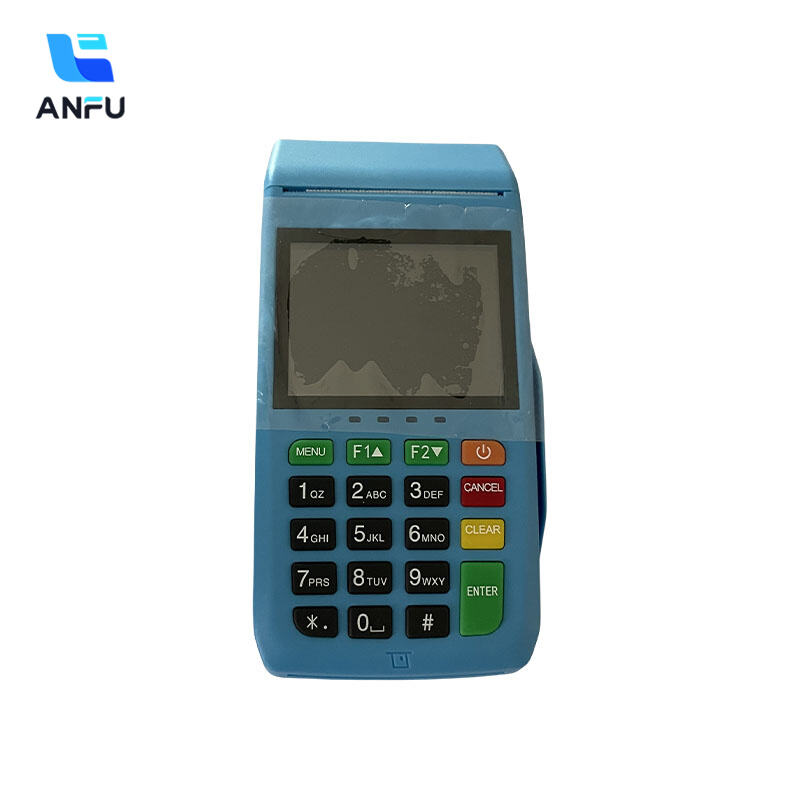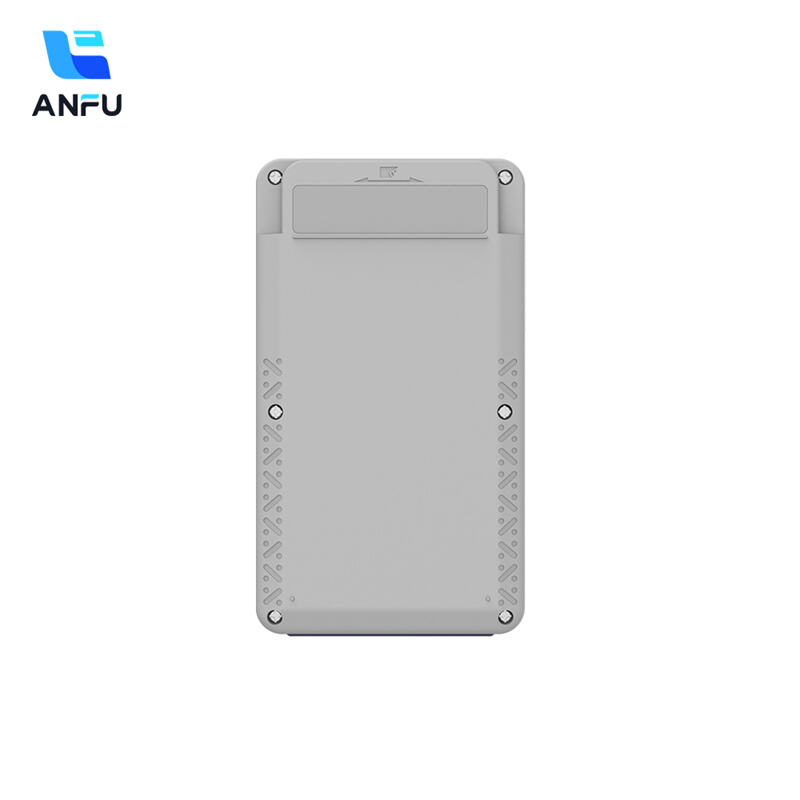Android POS Customization: Tailoring Solutions for Your Industry
Core Components of Android POS Customization
Modular Hardware Architecture
Android POS systems get a major boost from modular hardware design. Businesses aren't stuck with whatever came out of the box anymore they can actually swap out parts when needed, giving them much greater flexibility. Take a restaurant that wants to start accepting mobile payments one day but doesn't need a fancy scanner for now. They just plug in what works for them at that moment. What really matters though is how easy everything stays to maintain over time. No need to throw away an old terminal just because some new tech comes along. Companies save money in the long run by updating only what needs changing rather than buying whole new systems every few years. Plus, this kind of setup means businesses can keep using their equipment longer even as technology keeps moving forward.
Industry-Specific Software Integration
Putting industry specific software into Android POS systems makes all the difference when it comes to getting the right features for different types of businesses. Retail stores need something completely different from hospitals or restaurants because each field runs things its own way. Take retail for example most shops want solid inventory tracking while clinics are worried about keeping patient records safe and secure. Real world tests show that when companies get this integration right they see better results both in how fast things run and what customers think about their experience. APIs Application Programming Interfaces are really important in making this happen since they let everything connect smoothly and adapt as needed. When businesses take advantage of these connections, their POS setups actually start working better for whatever industry they're in, cutting down wasted time and effort across the board.
Security Protocols for Sector Compliance
When setting up Android POS systems to meet specific industry requirements, security should be at the top of the priority list. For businesses handling payments, following PCI DSS standards isn't just good practice it's basically mandatory these days. The Payment Card Industry Data Security Standard helps keep transaction details safe from hackers and data leaks. Putting encryption in place along with solid security protocols does more than just protect information it actually makes customers feel better about using the system, which tends to boost sales over time. Good security features give companies an edge when trying to convince shoppers their money is safe, building that all important trust factor that keeps people coming back to the same brand again and again.
Retail: Omnichannel Inventory Management
For today's retailers wanting to create smooth shopping experiences both online and in stores, managing inventory across all channels has become essential. When stores connect their systems properly, they get better control over what products are where, which means they can track stock levels in real time. This helps avoid situations where items are either completely out of stock or sitting on shelves collecting dust. The bottom line? More products available when customers want them, regardless of whether they're browsing online or walking into a physical store. Consumer surveys tell us something interesting too many shoppers now expect this kind of flexibility. Around 7 out of 10 people actually prefer brands that let them switch between different shopping methods. And it makes sense why these approaches work so well they satisfy what customers want while building stronger relationships with them over time, which naturally leads to higher profits for the business.
Hospitality: Tableside Ordering Capabilities
Tableside ordering tech has really changed how restaurants operate, giving customers better control over their meal choices. Guests can now tap away at tablets or phones right at their table, placing orders without waiting for waiters. This cuts down on time between courses and keeps people happy overall. Restaurant staff find they have more free time to actually interact with patrons instead of just running back and forth with menus. Some upscale places started using this system years ago and saw big improvements in how smoothly everything ran. Fast casual chains are catching on too, since customers appreciate not having to flag someone down every time they want something else. When diners get what they need faster, they tend to stick around longer and come back again, which explains why so many businesses in the food service sector are jumping on board with these digital ordering solutions.
Healthcare: Patient Data Compliance Features
Following patient data rules like HIPAA isn't just important it's absolutely critical for any healthcare facility wanting to keep sensitive info safe and private. The point of sale systems used in clinics and hospitals now come packed with all sorts of tech to protect data integrity. Think about things like encrypted databases and detailed logs that track who accessed what when. This helps stop those nasty data breaches we hear so much about these days. Beyond keeping patients confident their info won't leak out, these compliance tools actually make day to day operations run smoother too. When staff can easily see who has looked at records and when, it cuts down on confusion. Doctors and nurses get real value from systems that handle compliance well because it means fewer headaches with legal issues down the road. Plus, everyone involved in patient care benefits from having secure channels to share information without worrying about accidental leaks.
Anfu's Customizable Android POS Solutions
AF930: Secure Handheld POS for Mobile Operations
The AF930 focuses on secure mobile payments, which makes it particularly useful for businesses needing both speed and protection against fraud. The device comes certified by UnionPay's intelligent terminal safety standards. This means built-in safeguards against tampering, plus automatic self-destruct features if someone tries to compromise the system. That helps keep transactions safe even when things get busy. Many logistics companies rely on these devices because they're easy to carry around while maintaining good performance. Field workers report being able to process payments quickly without worrying about security breaches during their daily rounds. Overall, this hardware addresses real world needs where traditional payment methods just don't cut it anymore.
AF820: Multi-Payment Hub with Enterprise Connectivity
The AF820 point of sale system stands out because it brings together all sorts of payment options into one place, which makes it great for bigger operations that handle lots of transactions daily. Running on ANFU OS based on Android 13 or newer versions, plus powered by a quad core ARM Cortex A53 processor clocking at 2 GHz, this device handles magnetic stripe readers, contactless smart cards, and near field communication technology. It works smoothly whether connected via older 2G networks, modern 4G LTE, Wi-Fi hotspots, or Bluetooth devices. For companies managing multiple locations or stores, the central processing capability really helps streamline day to day operations while cutting down on mistakes during checkout. What's interesting is how the system also tracks performance metrics over time, showing exactly where processing times have improved after implementation. Retail chains, restaurants with drive through lanes, and other businesses dealing with hundreds of payments each hour find these capabilities especially valuable when looking for dependable enterprise grade equipment.
Implementation Best Practices
Workflow Analysis for Feature Prioritization
Before jumping into an Android POS system setup, taking time to really understand current workflows makes all the difference. When businesses get clear on how things actually work day to day, they can focus on what features matter most for both operations and people using them. A good approach? Draw out the whole sales journey step by step and look where things tend to break down. Talking directly to frontline staff works wonders too. Just ask around during lunch breaks or grab coffee with team members to hear their real thoughts about what frustrates them daily. Take Shopify as a case study they've made major improvements simply by building systems around what actual users need instead of just guessing. This kind of tailored approach leads to smoother operations and happier customers overall.
Scalability Planning for Future Expansion
For Android POS systems, scalability matters a lot when businesses want to expand operations down the road. Most growing companies find themselves needing systems capable of handling more transactions while keeping up with evolving demands. When thinking ahead about scaling operations, it makes sense for businesses to look at what might be needed next year or two years from now before settling on any particular POS setup. Modular designs and cloud options tend to work best since these approaches allow businesses to grow without constantly replacing entire systems. A recent Statista study showed that companies using scalable POS setups actually boost their productivity by around 25% on average. Getting this right early helps avoid situations where outdated tech becomes a drag on progress later on, which explains why smart business owners always consider scalability first when choosing their point-of-sale solutions.
Operational Efficiency Metrics
Looking at how well operations run helps figure out if investing in customizable Android POS systems was worth it. When checking performance, most businesses focus on three main things: how fast transactions happen, how many mistakes occur, and how long processing takes overall. Companies that switch to Android POS usually see their operations get smoother over time, and this shows up in better numbers across those metrics. Take error rates for example – many businesses notice them going down after implementing automated features and preset configurations, and this generally makes transactions go faster too. According to various industry studies, companies typically report around a 30% boost in efficiency after getting these systems running properly, and that kind of improvement definitely adds up when calculating what the investment actually brings back.
Customer Experience Enhancements
Android POS systems that allow customization really boost customer experiences because they let businesses offer tailored services while cutting down those annoying wait times at checkout. Retailers who adjust their point-of-sale setups for their particular operations tend to see happier customers interacting better with the system overall. Take coffee shops for instance many have reported shorter lines after switching to customized Android solutions, plus more people joining their loyalty programs too. What's more important is how these systems come with built-in ways to gather customer feedback. Businesses can then tweak things constantly based on what actual users tell them works best. This means stores stay relevant to changing customer wants without having to completely overhaul everything every time preferences shift.
Recommended Products
Hot News
-
Smart Card 2019
2024-01-23
-
Trustech 2019
2024-01-12
-
Futurecom 2019
2024-01-12
-
Seamless Payments Asia 2020
2024-01-12
-
Seamless Middle East 2022
2024-01-12

 EN
EN
 AR
AR
 BG
BG
 CS
CS
 DA
DA
 NL
NL
 FR
FR
 IT
IT
 JA
JA
 KO
KO
 PL
PL
 PT
PT
 RU
RU
 ES
ES
 TL
TL
 ID
ID
 LT
LT
 UK
UK
 VI
VI
 HU
HU
 MT
MT
 TH
TH
 TR
TR
 FA
FA
 AF
AF
 MS
MS
 MK
MK
 HY
HY
 AZ
AZ
 KA
KA
 BN
BN
 BS
BS
 LO
LO
 MN
MN
 NE
NE
 ZU
ZU
 MY
MY
 KK
KK
 UZ
UZ
 KY
KY
